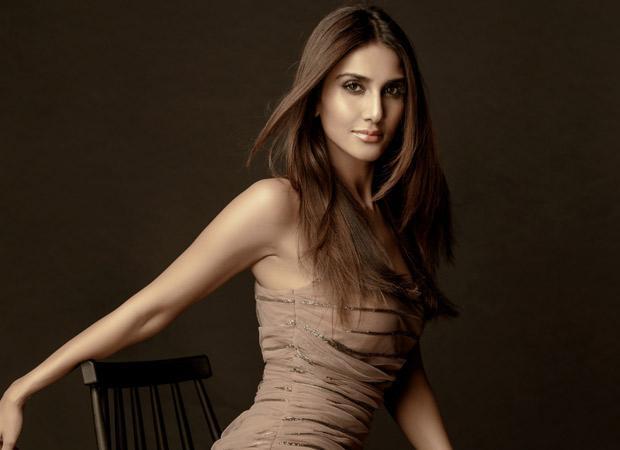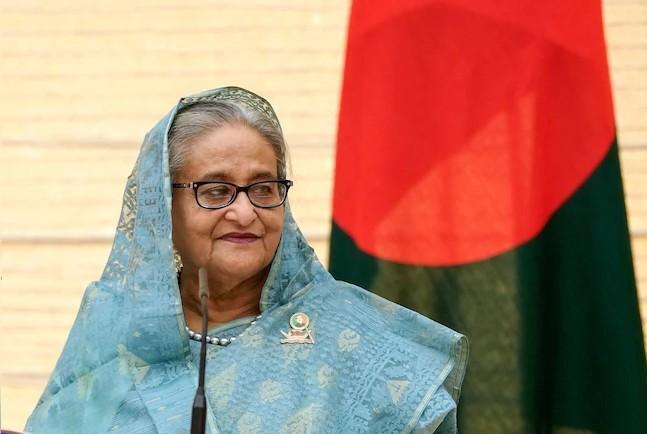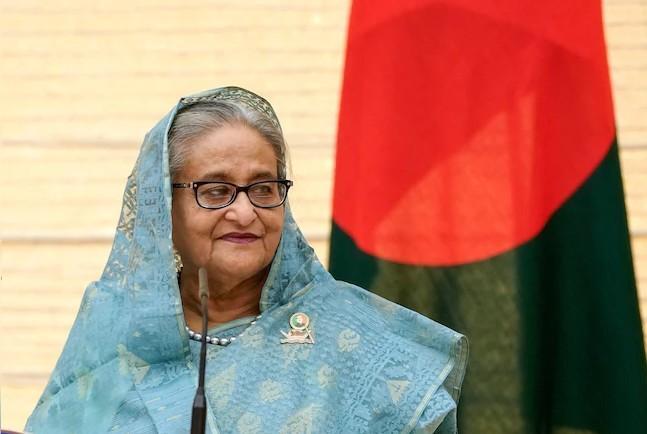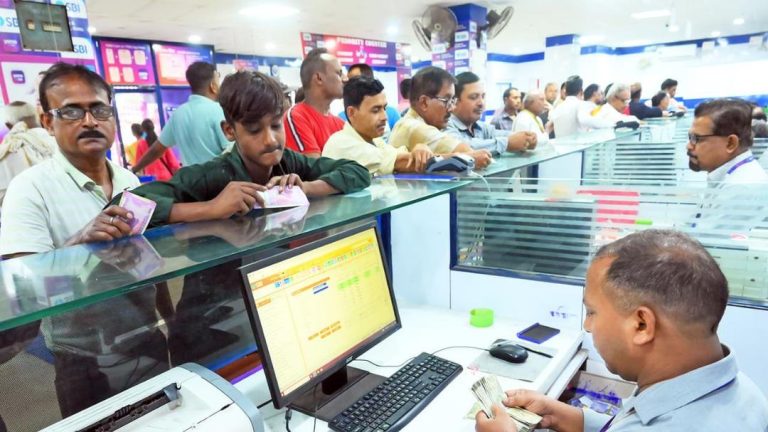
Don’t get volatile behaviour: Vaani on censorship & cancel culture
The world of entertainment is constantly evolving, and with it, the concept of freedom of expression has become a hot topic of discussion. The recent ban on the release of Abir Gulaal in India has sparked a heated debate on censorship and cancel culture. In the midst of this controversy, actress Vaani Kapoor has weighed in on the issue, expressing her concerns about the impact of these trends on artists’ freedom to explore new ideas.
Speaking to a leading publication, Vaani Kapoor emphasized the importance of not getting “volatile” when it comes to cancel culture. She stated, “This cancel culture, say one thing wrong, there are calls for cancel and boycott. I don’t get that volatile behaviour.” Her words serve as a timely reminder that social media’s speed and reach can often lead to knee-jerk reactions, which can have severe consequences for artists and creators.
Vaani’s comments also touched on the topic of censorship, which she believes sets boundaries for artists. She expressed her opposition to censorship, stating that it restricts the freedom of artists to explore new ideas and push boundaries. This sentiment is echoed by many in the entertainment industry, who argue that censorship stifles creativity and innovation.
The ban on Abir Gulaal is a prime example of how censorship can have devastating consequences for artists. The film, which was directed by Devashish Makhija, was initially cleared by the Central Board of Film Certification (CBFC) but was later banned by the producers due to “objectionable” content. While the specific reasons for the ban are unclear, the incident highlights the arbitrary nature of censorship and the impact it can have on artists and audiences alike.
Cancel culture, on the other hand, refers to the phenomenon where individuals or groups are publicly shamed or ostracized for perceived wrongdoing or offensive behavior. This can manifest in various ways, including calls for boycotts, cancellations of projects, or even the destruction of a person’s professional reputation.
Vaani Kapoor’s comments on cancel culture are particularly noteworthy, as they highlight the dangers of unchecked social media power. She argues that the volatile nature of social media can lead to hasty judgments and a lack of nuance, which can have severe consequences for artists and creators. Her words serve as a reminder that social media platforms, while powerful tools for self-expression and connection, can also be breeding grounds for misinformation and mob mentality.
The impact of cancel culture on artists is multifaceted. On one hand, it can lead to a sense of fear and self-censorship, as individuals may be reluctant to express themselves freely due to the threat of backlash. On the other hand, it can also lead to a culture of silence, where individuals are afraid to speak out against perceived wrongdoing or offensive behavior.
Vaani Kapoor’s comments also highlight the importance of empathy and understanding in our society. She argues that we need to move away from volatile behavior and instead focus on understanding and learning from each other’s differences. Her words serve as a timely reminder that, in today’s digitally-driven world, we need to be more mindful of the impact our words and actions can have on others.
In conclusion, Vaani Kapoor’s comments on censorship and cancel culture serve as a powerful reminder of the importance of freedom of expression and the need to move away from volatile behavior. As artists and creators, we need to be able to express ourselves freely, without fear of censorship or backlash. We also need to be mindful of the impact our words and actions can have on others, and strive to create a culture of empathy and understanding.





